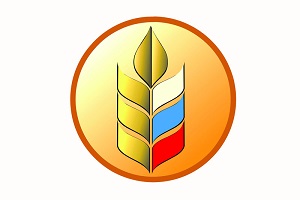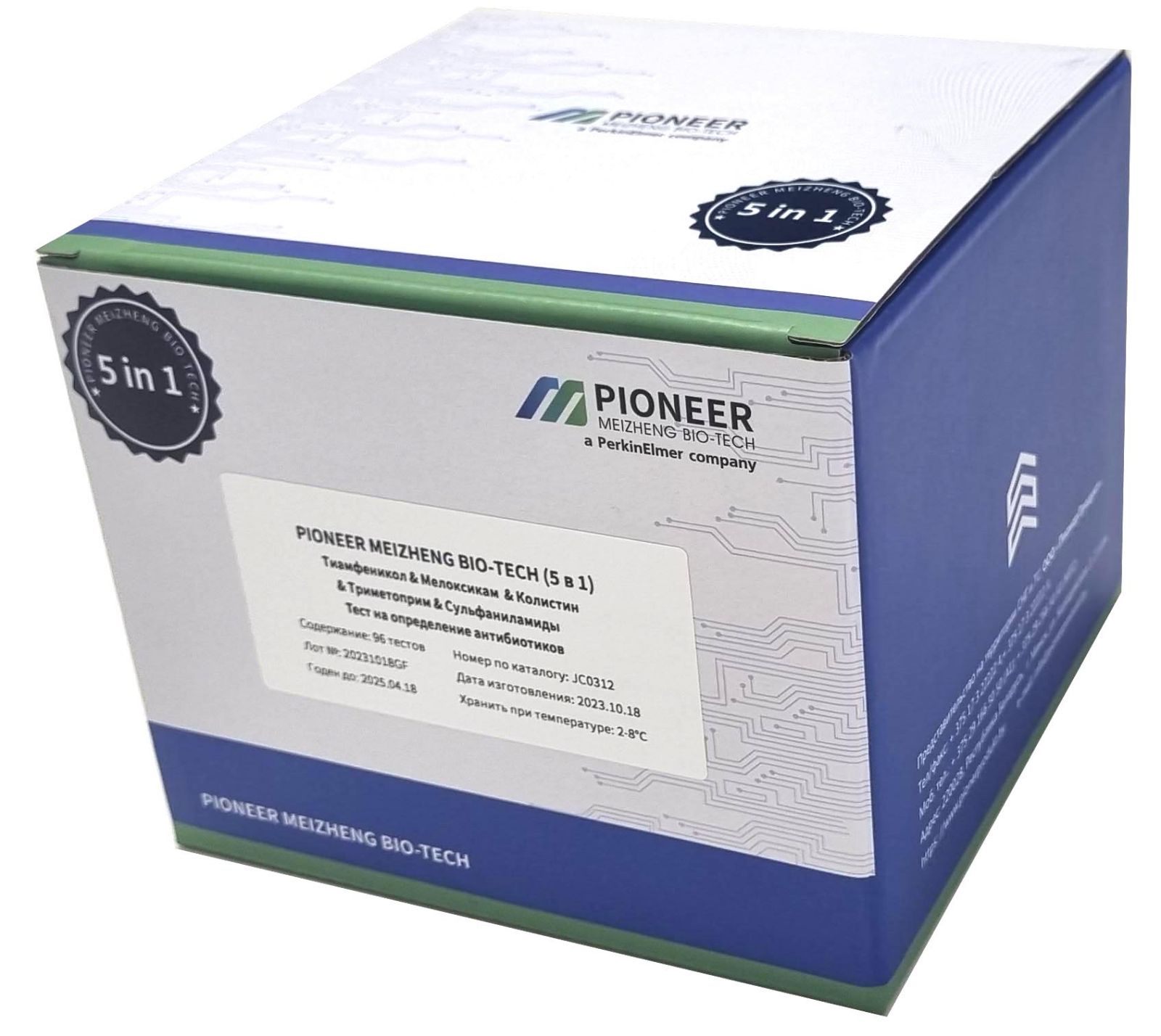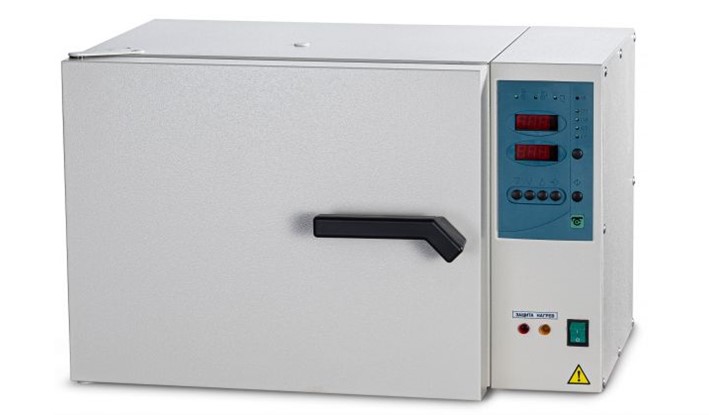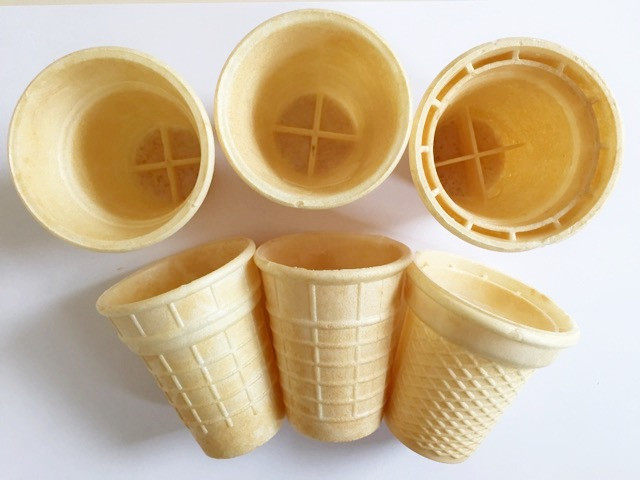The Ministry of Agriculture may change the rules for obtaining compensation for processors of agricultural products
According to the current rules, investors can receive compensation of 20% of the costs of setting up a production facility for deep processing of grain. When investing in the production of canned fish and seafood, as well as dairy and fat-and-oil products, the amount of compensation will be 25%. To participate in this program, the manufacturer must be engaged in the EXPORT of its products for three years in the amount of at least 10% of the value of the production facility. At the suggestion of the agricultural department, from May 1, 2023, in order to participate in the program and receive compensation, it will be necessary to ensure the supply of goods in the amount of 0.75 rubles. for each ruble of the amount of subsidies.
The HEAD of the Oil and Fat Union, Mikhail Maltseva, explained to Vedomosti that after the start of the changes, the export of goods should be 15% of the cost of production for grains and 18.5% for oilseeds. According to him, in this way the ministry is trying to increase the efficiency of the agro-export development program. However, the head of Streda Consulting, Aleksey Gruzdev, expressed misunderstanding about the decision: manufacturers are already facing difficulties in terms of exports against the backdrop of unfavorable market conditions, which negatively affects their competitiveness. Chairman of the Fish Union Alexander Panin described the amendments as cruel.
Vice-President of the Russian Grain Union Alexander Korbut believes that these changes can be called positive. “At the first stage, the Ministry of Agriculture proceeded from the fact that we just needed exports for a certain amount, and this gave results to one degree or another. Now this position is being tightened a little, and it’s becoming more difficult to win back everything simply due to rising product prices, ”commented Korbut. The innovations will require processors to operate efficiently in export markets, although it won't be easy, he said. “But, from my point of view, this is a fairly logical move,” adds Korbut. In addition, the changes form rather stringent requirements for reducing the cost of production, and this is possible only with efficient production.
Oleg Radin, President of the Association of Grain Deep Processing Enterprises (Soyuzkrakhmal), does not believe that the Ministry of Agriculture is tightening the requirements for processors with these changes. “On the contrary, the method becomes unified and understandable. And, probably, this is not the main criterion for selling products for export,” he says. According to Radin, now 20% of the costs are being reimbursed, but in order to receive it, the company undertakes to increase the export of products within five years, as a result, up to 30% of the production volume must go to foreign markets. But the current mechanism has two problems: firstly, the support measure covers several industries (deep processing of grain, the fish industry, the production of fat and oil products and dry dairy products), and, of course, there was not enough money for all.
The second problem is that the Ministry of Agriculture calculated the size of the subsidy based on the cost per unit of capacity for a particular product. For example, for the production of 1 ton of maltodextrin, conditionally, 100 thousand rubles are needed, but this criterion, as a rule, was underestimated. “Now, in fact, everything will become more transparent. The new calculation scheme is more understandable,” commented Radin.



























































